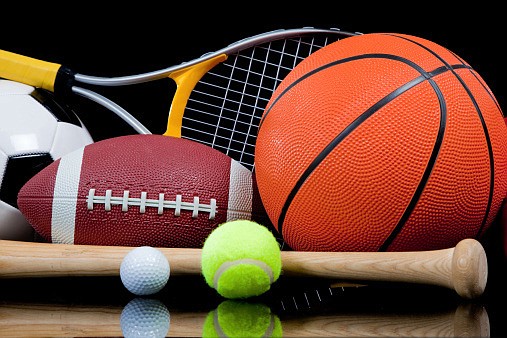ATLANTA (AP) - Georgia's home-schooled students would be able to participate in high school sports and extracurricular activities under a bill advancing in the state House, but only if they took at least one online course from the public school.
The House Education Committee voted 9-7 for House Bill 1055 on Thursday, sending it to the full House for more debate.
It's a compromise that no one really likes - the Georgia High School Association remains opposed to participation by home-schooled students while the mother of a home-schooled wrestler thinks the requirement is "silly." But it might be the key to getting Georgia's version of Tim Tebow onto a playing field or on stage in a one-act play sometime soon.
The House has been the roadblock to approving home-schooler participation in public school interscholastic athletics. The state Senate voted 35-19 for a more permissive bill last year, but the House has taken no action on it.
"We're trying to come to a resolution of an issue we've heard about for the last 10 years that I've been here and even before," said House Education Committee Chairman Rick Jasperse, a Jasper Republican who is sponsoring the bill.
More than 20 states allow home-schooled students to participate in sports and activities. Such laws are typically called Tim Tebow bills, named for the University of Florida football star who was a home-schooler when he made his mark playing football for a public high school in Florida.
Georgia schools have been resistant to such a plan, citing concerns about costs, the ability to discipline someone who's not a student and taking places away from other students.
Jasperse's bill seeks to address many of those concerns. It would allow a student in grades 6-12 to take an online course in a core academic subject such as English or math a semester before the student wanted to participate in the sport. A parent or guardian would have to give written notice 30 days before the semester in which the sport begins.
That way, Jasperse said, the athlete or musician would truly be a student, noting many regular public high school students already take classes outside a physical classroom, either online or through dual enrollment at a college. The state would pay the school for the class time as if the student were regularly enrolled.
Jimmy Stokes, a lobbyist for the Georgia High School Association, said the group doesn't support the bill, but likes it better than other proposals.
"It's inevitable that sooner or later we're going to have home-school participation in extracurricular activities," Stokes said. "It was the most palatable solution we've seen to the situation."
Karen Dernavich, a Brookhaven parent who's lobbying on behalf of her 15-year-old wrestler son Carter, said she's willing to put up with the requirements to show home-schooler participation can work.
"I think it's a silly rule, but everything is about compromise," Dernavich said.
For Carter Dernavich, the lure is simple. He's aged out of club-level competition and has no one to grapple with.
"I could get a team," he said.
